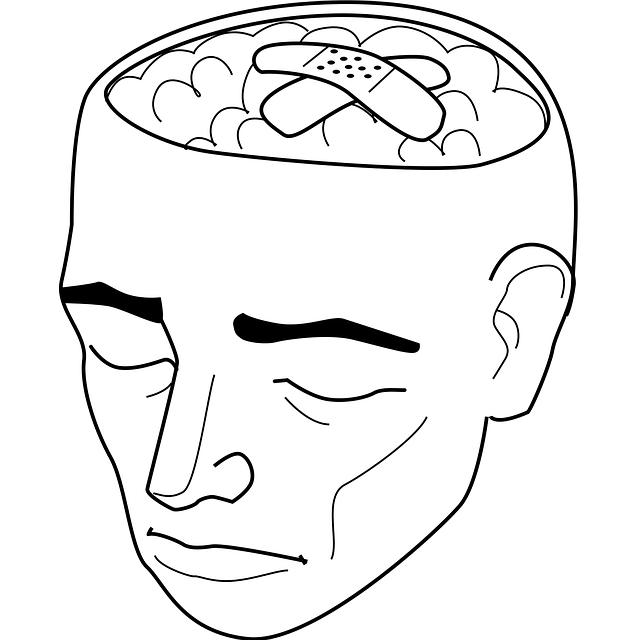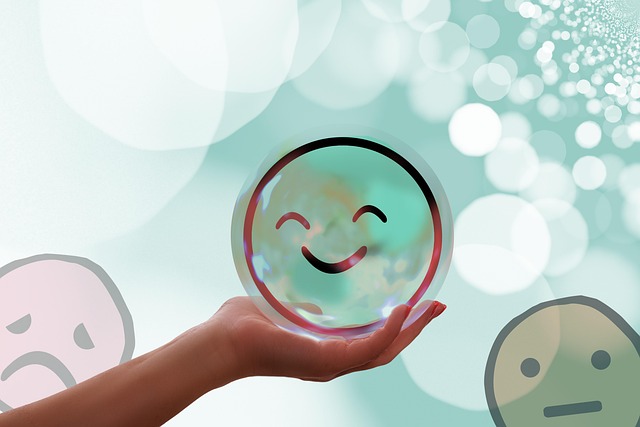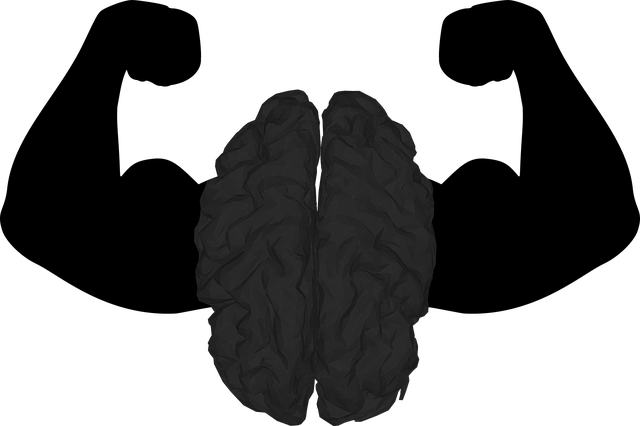Therapy for Anger Management offers a transformative path to emotional well-being, empowering individuals to navigate and regulate intense emotions through tailored techniques. By delving into root causes, patients gain insights, develop self-awareness, and cultivate healthier expression of anger. Techniques include relaxation exercises, CBT for restructuring negative thought patterns, and group therapy sessions for social skill development. Self-awareness exercises, positive thinking, and anger control strategies enhance daily interactions, leading to improved mental health and more peaceful relationships.
Social skills training is a powerful tool in managing mental health conditions, particularly anger-related issues. This article explores the intricate link between social interactions and mental wellness, focusing on how poor social skills can exacerbate anger management problems. We delve into effective strategies, from communication enhancements to group therapy sessions, offering practical tips for improving daily interactions and achieving better control over anger. By understanding these approaches, individuals seeking therapy for anger management can navigate a path towards healthier social dynamics.
- Understanding the Link Between Social Skills and Mental Health
- The Impact of Poor Social Interaction on Anger Management
- Strategies for Enhancing Communication in Individuals with Anger Issues
- Group Therapy Sessions: A Safe Space for Practice and Learning
- Practical Tips to Improve Daily Social Interactions and Anger Control
Understanding the Link Between Social Skills and Mental Health

The Impact of Poor Social Interaction on Anger Management

Strategies for Enhancing Communication in Individuals with Anger Issues

In individuals dealing with anger issues, communication can be a complex challenge. However, there are several effective strategies that can enhance their interpersonal interactions and promote emotional healing processes. One key approach involves teaching relaxation techniques to manage stress levels during heated exchanges. By learning to recognize triggers and employing calming tactics such as deep breathing or mindfulness exercises, individuals gain better control over their responses.
Additionally, cognitive behavioral therapy (CBT) for anger management plays a crucial role in restructuring negative thought patterns associated with anger. This therapy helps them understand the connection between thoughts, feelings, and behaviors, enabling more constructive ways of expressing frustration. Through practice, they learn to de-escalate situations, fostering healthier relationships and improved mental health awareness.
Group Therapy Sessions: A Safe Space for Practice and Learning

Group therapy sessions offer a unique and powerful environment for individuals managing mental health conditions to practice and develop their social skills. In a supportive setting, participants can learn from one another’s experiences while also receiving guidance from trained therapists. This dynamic approach allows for the exploration of emotions in a safe space, fostering emotional healing processes and promoting self-awareness exercises that are essential for therapy for anger management.
By engaging in group discussions and activities, individuals gain valuable insights into their behaviors and triggers, which can significantly aid in depression prevention. The sense of community within these sessions encourages open communication, enabling members to offer encouragement, perspective, and strategies for coping with various challenges. This collective experience can revolutionize one’s approach to social interactions, ultimately enhancing overall mental well-being.
Practical Tips to Improve Daily Social Interactions and Anger Control

Improving daily social interactions requires a combination of practical tips and consistent effort. One effective strategy is to engage in self-awareness exercises. By reflecting on your emotions and behaviors, you can better understand how they impact others. This heightened self-awareness allows for more thoughtful responses during social exchanges, fostering healthier connections. Additionally, practicing positive thinking can transform interactions from stressful to positive. Replacing negative thoughts with constructive ones helps maintain a calm demeanor, which is crucial for effective communication.
Anger control is a significant aspect of mental wellness coaching programs development. Learning to manage anger involves recognizing triggers and implementing coping strategies. Deep breathing exercises and mindfulness practices are powerful tools to de-escalate intense emotions. These techniques help individuals gain perspective and respond thoughtfully rather than reacting impulsively. Moreover, seeking therapy for anger management provides specialized support, offering tailored strategies and guidance for long-term anger control success.
Social skills training is a powerful tool in addressing mental health conditions, particularly anger management issues. By understanding the link between social interactions and emotional well-being, individuals can learn effective communication strategies and develop healthy coping mechanisms. Through group therapy sessions, they gain a supportive environment to practice these skills and receive feedback. Combining these approaches with practical tips for daily life enables folks to navigate social situations with greater confidence and control their anger more effectively. Incorporating social skills training into the therapeutic landscape offers a holistic approach to enhancing mental health and overall quality of life.










